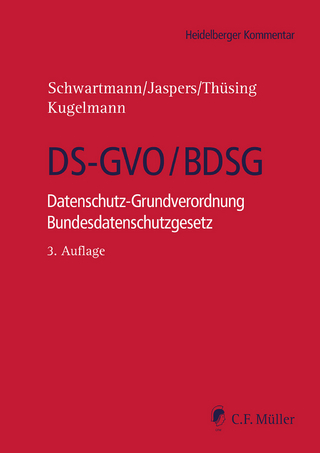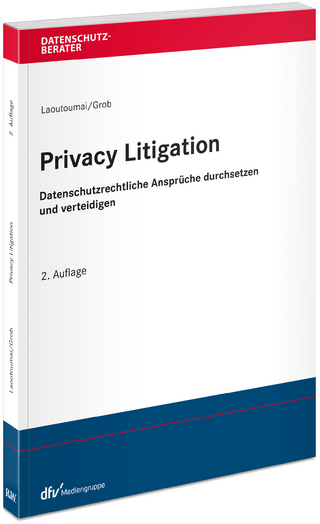
After the Digital Tornado
Cambridge University Press (Verlag)
978-1-108-44535-1 (ISBN)
Networks powered by algorithms are pervasive. Major contemporary technology trends - Internet of Things, Big Data, Digital Platform Power, Blockchain, and the Algorithmic Society - are manifestations of this phenomenon. The internet, which once seemed an unambiguous benefit to society, is now the basis for invasions of privacy, massive concentrations of power, and wide-scale manipulation. The algorithmic networked world poses deep questions about power, freedom, fairness, and human agency. The influential 1997 Federal Communications Commission whitepaper “Digital Tornado” hailed the “endless spiral of connectivity” that would transform society, and today, little remains untouched by digital connectivity. Yet fundamental questions remain unresolved, and even more serious challenges have emerged. This important collection, which offers a reckoning and a foretelling, features leading technology scholars who explain the legal, business, ethical, technical, and public policy challenges of building pervasive networks and algorithms for the benefit of humanity. This title is also available as Open Access on Cambridge Core.
Kevin Werbach is Professor of Legal Studies and Business Ethics at the Wharton School, University of Pennsylvania. A world-renowned expert on emerging technology, he examines business and policy implications of developments such as broadband, big data, gamification, and blockchain. Previously, Werbach served on the Obama Administration's Presidential Transition Team, founded the Supernova Group (a technology conference and consulting firm), led internet policy at the Federal Communications Commission, and created a massive open online course. His books include For the Win: How Game Thinking Can Revolutionize Your Business and The Blockchain and the New Architecture of Trust
Introduction. An endless spiral of connectivity?; Prelude; Digital Tornado: The internet and telecommunication policy Kevin Werbach; I. Networks: 1. The regulated end of internet law, and the return to computer and information law? Christopher T. Marsden; 2. Networks, standards, and network-and-standard-based governance Julie E. Cohen; 3. Tech dominance and the policeman at the elbow Tim Wu; II. Algorithms: 4. Who do we blame for the filter bubble? On the roles of math, data, & people in algorithmic social systems Kartik Hosanagar and Alex Miller; 5. Regulating the feedback effect Viktor Mayer-Schönberger; 6. Shaping our tools: contestability as a means to promote responsible algorithmic decision making in the professions Daniel n. Kluttz, Nitin Kohli, and Deirdre K. Mulligan; III. Humanity: 7. Why a commitment to pluralism should limit how humanity is re-engineered Brett Frischmann and Evan Selinger; 8. Caveat usor: epistemic inequality as information warfare and surveillance capitalism's river of fire Shoshana Zuboff; 9. The siren song: algorithmic governance by blockchain Kevin Werbach.
| Erscheinungsdatum | 21.06.2022 |
|---|---|
| Zusatzinfo | Worked examples or Exercises |
| Verlagsort | Cambridge |
| Sprache | englisch |
| Maße | 152 x 229 mm |
| Gewicht | 341 g |
| Themenwelt | Mathematik / Informatik ► Informatik |
| Recht / Steuern ► Allgemeines / Lexika | |
| Recht / Steuern ► EU / Internationales Recht | |
| Recht / Steuern ► Privatrecht / Bürgerliches Recht ► IT-Recht | |
| ISBN-10 | 1-108-44535-7 / 1108445357 |
| ISBN-13 | 978-1-108-44535-1 / 9781108445351 |
| Zustand | Neuware |
| Haben Sie eine Frage zum Produkt? |
aus dem Bereich


